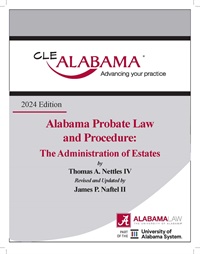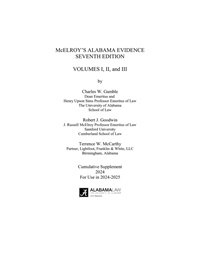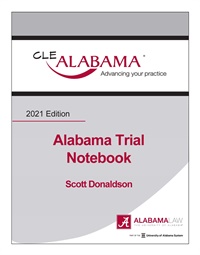Capital Calls – Agreements to Contribute More Capital Over Time (12:00 Noon Central Time)
Total Credits: 1 including 1 CLE
- Average Rating:
- Not yet rated
- Categories:
- Business Law
- Faculty:
- C. Ben Huber
- Original Program Date:
- Oct 19, 2023
- License:
- Never Expires.
Description
Many companies need additional capital to fund current operations and fuel growth. When raising capital, these companies often look first to their existing investor base. The company may build into its operative documents – shareholder agreements, operating agreements, even its articles of incorporation or organization – a plan whereby the company can “call” on existing investors to contribute additional capital. There are various mechanisms for achieving these types of “capital calls” and adjusting the ownership interests and other rights of incumbent investors who do not contribute additional capital. This program will provide you a practical guide to planning capital calls in closely held businesses, including how to adjust the financial and governance rights of the company’s owners.
Schedule:
• Advantages/disadvantages of requiring capital from existing investor base over time
• Forms of follow-on contributions – pro-rata and other structures
• Readjustment of stake in company when certain investors do not participate – dilution issues
• Voting, informational and related issues on the contribution of additional capital
• Obtaining additional capital from investors beyond the original
• Counseling clients about potential investor group disputes
Handouts
| Handout 1 (332.6 KB) | 17 Pages | Available after Purchase |
| Evaluation Form (33 KB) | 1 Pages | Available after Purchase |
Faculty
C. Ben Huber Related Seminars and Products
Greenburg Traurig, LLP
C. Ben Huber is a partner in the Denver office of Greenburg Traurig, LLP, where he has a broad transactional practice encompassing mergers and acquisitions, restructurings and reorganizations, corporate finance, capital markets, venture funds, commercial transactions and general corporate law. He also has substantial experience as counsel to high tech, biotech and software companies in the development, protection and licensing of intellectual property. His clients include start-up companies, family- and other closely-held businesses, middle market business, Fortune 500 companies, venture funds and institutional investors.







